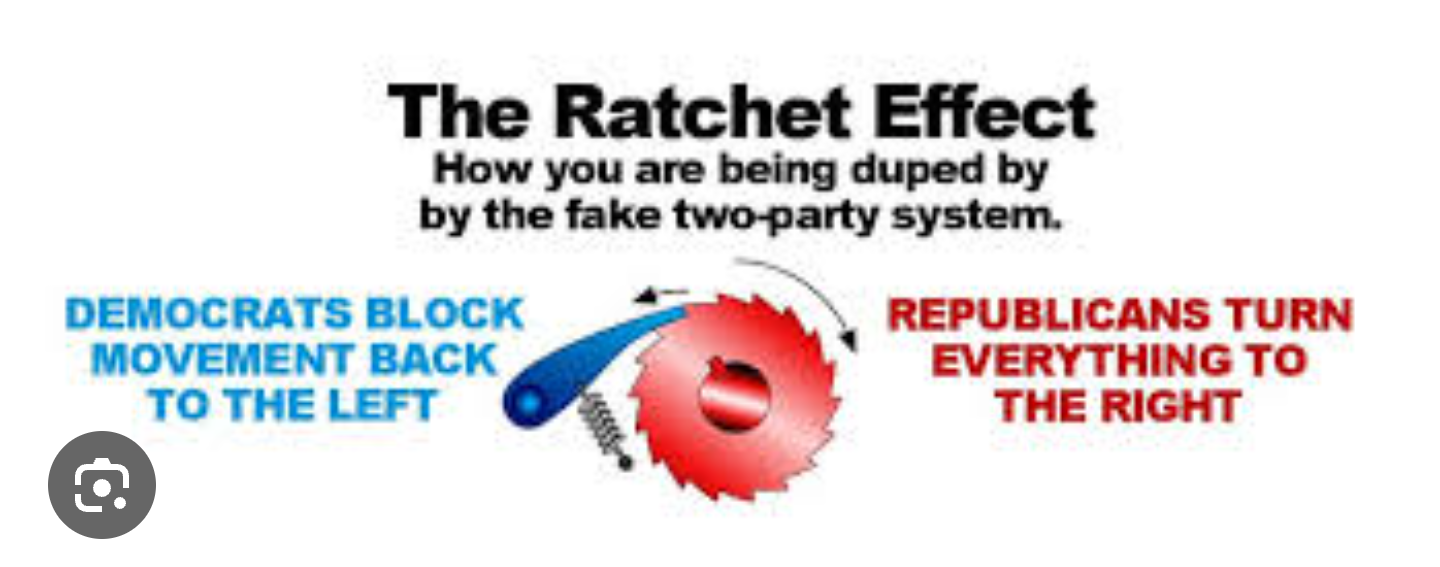Not wanting people to die is a leftist thing now?
Does anyone consider that there might be a large number of the people that consider themselves to be centrists are near the actual center, and that everyone dunking on them is imagining center of our current Overton window? I think about that a lot. (Not the guy in the meme, just in general)
I mean, even if not, why do both sides shit on them instead of trying to bring them closer to their side?
Do we not want to make change? Because you need people for that. Are we just concerned about being correct? Because that does nothing to solve our problems.
we’re talking centrists here, not liberals, not moderates, there’s a DISTINCT difference.
The vast majority of so-called centrists are people who just don’t like stress of having a hard stance. That’s why they piss off people on both sides. Impassioned people who understand that progress is a fight need fighters to join them don’t like someone saying that they need to compromise when there are lives and futures on the line. People who see the larger picture are going to be a lot more committed and able to weather criticism.
But most centrists think that they can somehow ride the line between the two and avoid being condemned by either side. This is a thing people do in many circumstances not just politics, and it always makes both sides mad. It’s just a very basic human social faux-paux to think that you can appeal to principled people with a butchered version of their ideals.
The vast majority of so-called centrists are people who just don’t like stress of having a hard stance.
No, that’s a bullshit definition imposed by nuance-allergic ‘either you’re with us or you’re against us’ ideologues. Someone who consistently avoids taking an explicit stance on issues is not a centrist. Fence-sitting is not centrism–they’re only “so-called centrists” because ignorant people like you call them that.
A centrist is someone whose collective of views/stances is such that it would not really be accurate to label them with “left” or “right”. Furthermore, people like you also, in my experience, don’t seem to realize that, for example, “left-leaning” and “right-leaning” are in fact subcategories of “centrist”–the “lean” describes the direction that the majority (but not all) of their positions go.
The irony is that a lot more people can be accurately described as “centrist” than actually self-identify (or are accurately identified by others) as such (partially thanks to people like you constantly using the term incorrectly), while the hardline ideologues of both wings arguably hate ‘people who agree with them more than they disagree, but won’t go as far as they do’, more than they do the ones at the opposite end of the political spectrum, and call them “centrists”, instead of the ones for whom the definition actually applies!
How was it? The right says “we want to do genocide”, the left says “no, we don’t want any genocide”. So the right responded “ok, so let’s just do a little genocide”, and the left responded “no, we don’t want any genocide”. And the centrist said to the left “see, You are the extremists, you don’t want to meet in the middle”.

Fake might be the wrong word. To me it feels very real and very entrenched both due to our voting system and those two powerful parties being the ones with the power to change it. Plus both are beholden to interests other than those of the general population, so their stated platforms aren’t necessarily real. (This is not a both sides comment, one side is still far worse than the other)
It’s an emergent thing from other flaws in the system, and it is bad, but it feels all too real.
Meet me in the middle, says the unjust man.
You take a step toward him. He takes a step back.
Meet me in the middle, says the unjust man.—A.R. Moxon
On a related note, I really hate how our political system in the US tries to force parties to meet in the middle by allowing election results where neither party has the majority required for the government to actually function (pass laws and other critical functions)



